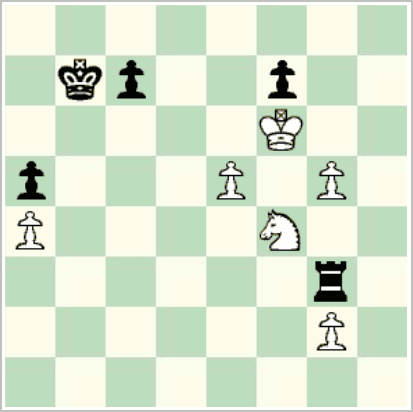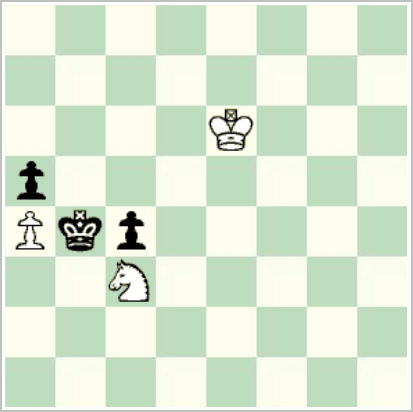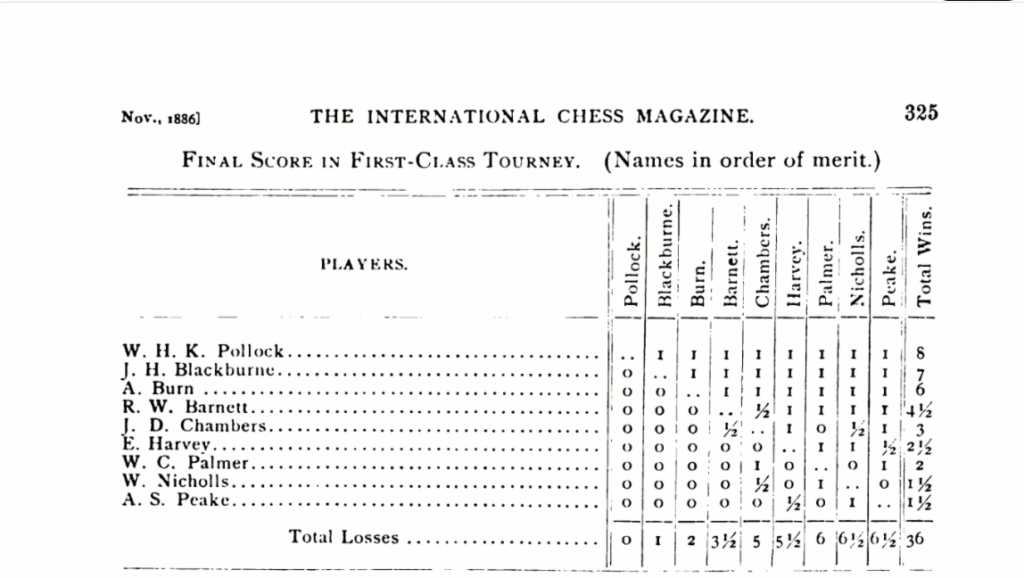The build-up for the 100th Irish championship is underway, and the ICU has had the nice idea of extending the now-usual profiles of the contestants to include all previous champions, over 100 days. As I write, the build-up includes the first three champions, Porterfield Rynd (1846-1917, who won in 1865 and 1892), Richard Whieldon Barnett (1863-1930, who won in 1886), and George Daniel Soffe (c. 1859-1898, who won in 1889).
Barnett won his championship by finishing as the top Irish competitor in the 2nd Irish Chess Association Congress in Belfast in 1886:
Barnett thus defeated all of the other Irish competitors, and drew against John D. Chambers (Scotland), but lost, as did all of his rivals for the title, against the top three finishers. This leads to the question of how competitive these games were. Barnett’s games against Pollock, Blackburne, and future Ulster champion Ernest L. Harvey survive. He was clearly outclassed by Blackburne, and won nicely against Harvey. The game against Pollock is a much more complicated story.
Barnett and Pollock played in the last round, when Barnett had already secured the title of Irish champion, and indeed clear fourth place overall, while Pollock was assured of finishing at least equal first.
The game was more competitive than might have been expected from the crosstable. Part of this was due to some very poor play in the opening and early middlegame by both players: chess understanding has come a long way since 1886! Pollock managed to get a losing position out of the opening, but Barnett returned the favour, and could have lost a miniature. Pollock missed an easy win on move 17, and was no better than equal by move 21.
Thereafter the play improved markedly. Pollock declined a draw, and the players reached the following position:

2nd ICA Masters / Irish Championship 1886 (9)
39… ?
Pollock now erred with 39… c5? (instead, after 39… Rg4, neither player has anything better than 39. Kf5 Rg3 40. Kf6, with a draw by repetition), when Barnett could have won via 40. g6! fxg6 41. e6 Re3 42. e7 Kc6 43. Kf7 Kd7 44. Nd5 Re1 45. Nf6+ Kd6 46. e8=Q Rxe8 47. Nxe8+! or 45… Kc6 46. e8=Q+ Rxe8 47. Kxe8!. It is far from obvious that this wins, admittedly, but it was a more promising line than the game’s 40. Kxf7? Rxg5, when Black was winning.
After another slip from Pollock, the game was heading for a draw. The following position is left as an exercise for the reader: how can White split the point? Barnett failed to find the right way and lost.

53. ?

